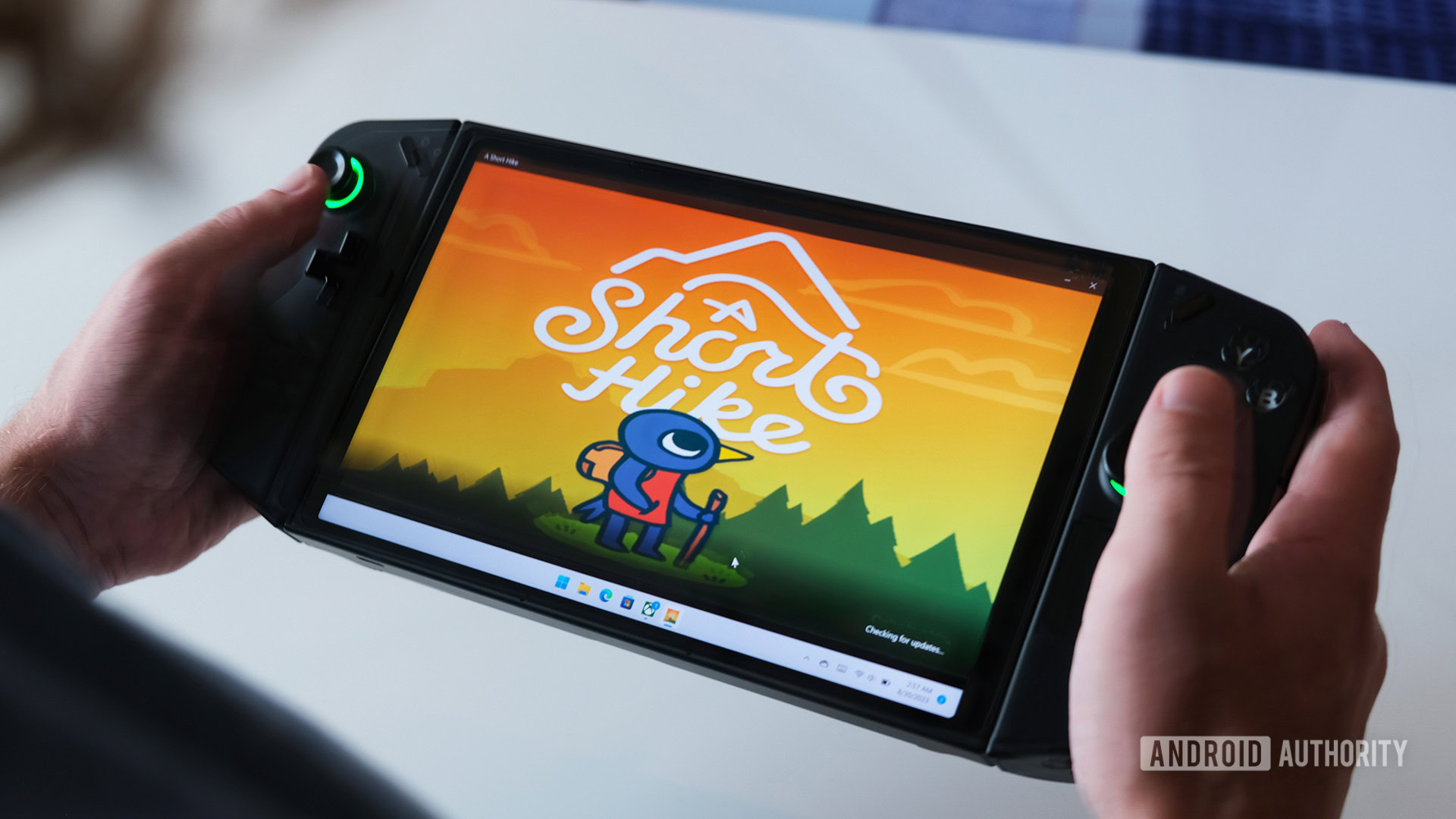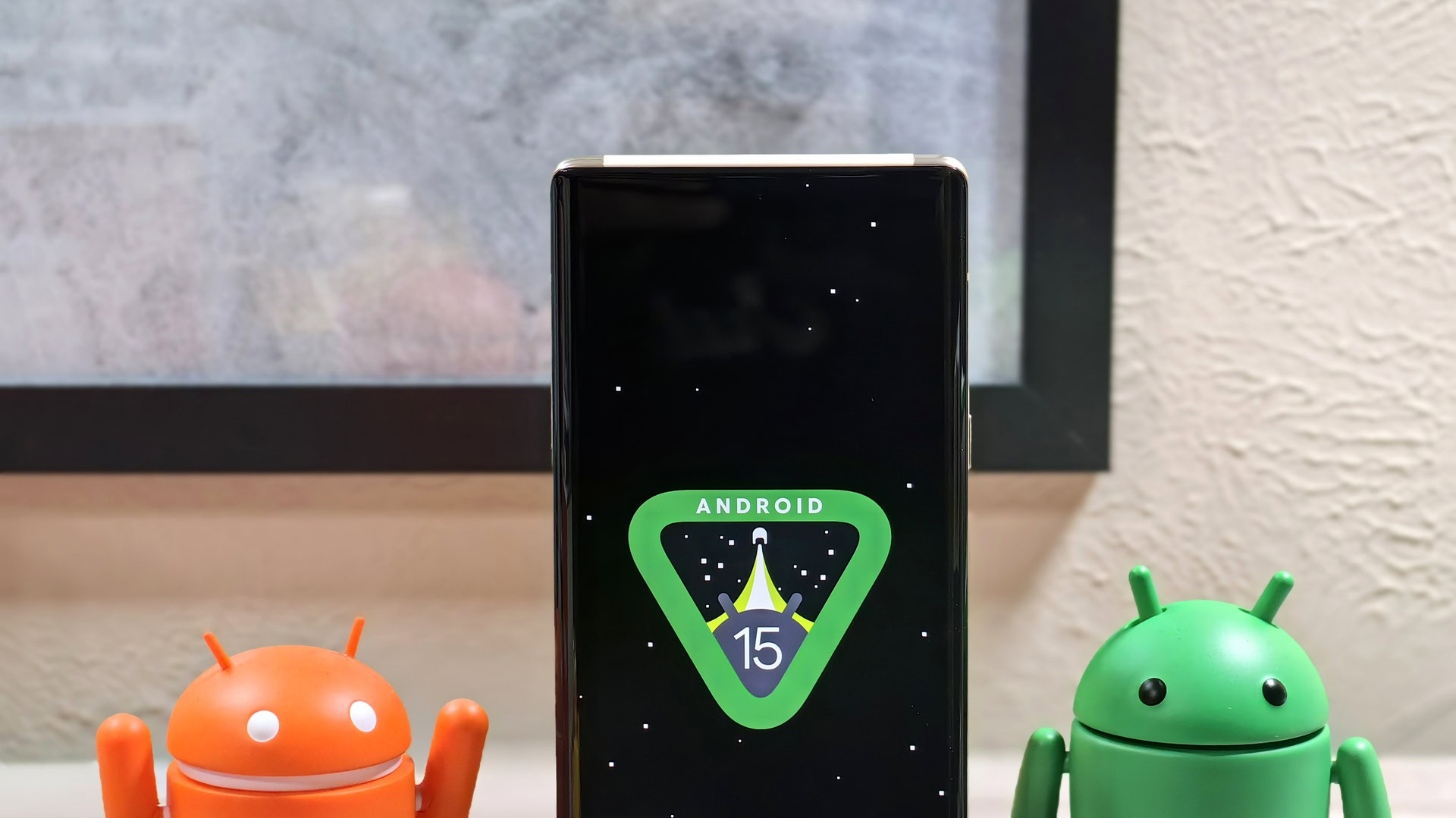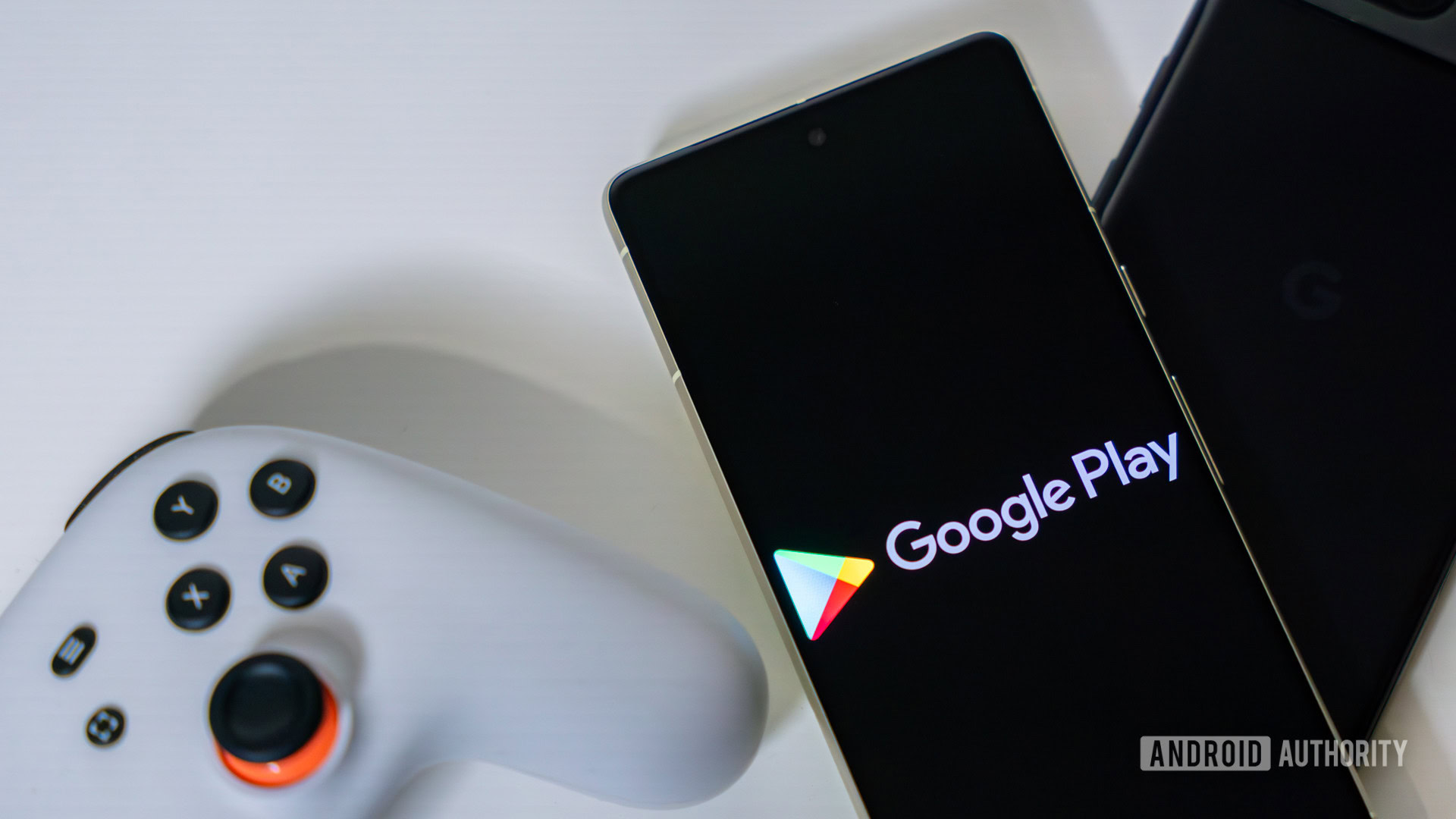Earlier in August, some real-world images showed a purported Pixel 9a with a new camera housing. At the time, we were skeptical of those images because, even though the flat sides looked very similar to the new Pixel 9 series design language, the rear camera was such a departure that it just didn’t look all that plausible.
Well, lo and behold, renowned leaker OnLeaks has released some renders that confirm this unexpected new Pixel 9a design. In them, you see a Pixel 9a that looks, to me, like a cheap iPhone knock-off. I’m sorry, but the flat edges and symmetrical bezels, as modern as they may seem, don’t deter away from the one feature that makes Pixels Pixels — the iconic camera bar. Without it, this new A series Pixel can (and will) easily and inevitably get lost in a sea of budget Android phones. Google would be killing its most iconic Pixel design trait and in favor of what, exactly?
Do you like the new look of the Pixel 9a?
0 votes
The camera bar is more than a design choice; it’s a design identity
Robert Triggs / Android Authority
Google debuted the camera bar with the big Pixel 6 design revamp in 2021 and has improved on it since then with the 6a, 7, 7a, 8, 8a, and Pixel 9 series. While other Android phones stuck with a side camera bump in a square or rectangular shape, the Pixel camera bar stood out. It looked like a visor on the back of the phone, it highlighted the camera component of the Pixel line-up, and it made Pixels unique.
The design is a conversation starter, too. I can’t tell you how many times people have asked me, “Oh, what phone is that?” because they’d never seen this distinctive camera configuration on other phones. Even in a case, a Pixel looks like a Pixel and is easily recognizable because most cases let that camera bar shine through.
Pixels look unique because, even in a case, that camera bar is so distinctive. Taking it away makes the Pixel 9a amorphous and unremarkable.
Over the last three years and four generations of Pixels, the camera visor has become synonymous with the Pixel identity. I spot Pixels in people’s hands in public because of that camera bar, just like I spot iPhones because of the top-left square camera bump and Nothing Phones because of their lights. Barring foldables, the hundreds of other Android phones and brands just mash in a single amorphous shape for me. When they’re in cases, which is how most people carry their phones, they all look the same. A $1000 phone looks pretty much the same as a $200 phone. Pixels stood out because they didn’t mix in with the masses.
With that in mind, I look at this leaked Pixel 9a render and think: What on earth was Google thinking? This phone looks as amorphous, insipid, and boring as a mid-ranger from 2019. Yes, the flat edges and the symmetrical bezels are a nice departure from the Pixel 8a‘s very rounded corners and huge chin, but most of that will be hidden in a case. And what remains will be a small, unremarkable, oval-shaped camera opening that looks like a million other camera openings on other Android phones.
Just when we were happy to praise Samsung for following Google’s steps and unifying its design language across the A and S series, Google did a surprise U-turn of its own. This saddens me because it takes away the Pixel identity from the Pixel 9a.
This sets a bad precedence for the downgrade of the Pixel A series
Ever since the introduction of the Pixel A series, Google has made a point of designing those phones very similarly to their expensive counterparts. The Pixel 3a looked very much like a Pixel 3, the 4a like a 4, the 5a like a 5, the 6a like a 6, the 7a like a 7, and the 8a like an 8. You can see them all in the image gallery above.
The Pixel 9a will be the first A series model to eschew this. It won’t look like a Pixel 9, save from the corners and edges, maybe. And I think that sets a precedence for the entire Pixel line-up. As if Google was telling us there’s a clear distinction now between its top-tier phones and its budget-minded model — something it seemed to have worked quite hard to unify since the Pixel 3a — and that cheaper phones don’t deserve to look as unique as the more expensive ones. This reminds me of Apple’s approach with the iPhone 16 models: It, too, decided to “downgrade” them to a small camera bump, leaving the big square bump for the Pro line-up.
For the first time, Google is setting a clear line between its midrange and flagship phones, and it may not just be a design downgrade.
Likely, though, this isn’t just a signal of a design difference but an omen of more downgrades. Until now, the Pixel A series has been an excellent example of how to drop the price and bill of materials without taking away from the core experience of a flagship phone. Bang for your buck, you were always certain to get a very high-end Pixel experience with your A series — camera, performance, features — at a fraction of the cost. But now, the camera is flatter, making me wonder if the sensors have been demoted or not. And we know the phone will have a downgraded Tensor G4 with last year’s modem.
This makes me worry that the Pixel 9a will not just be lost in a sea of similar-looking Android phones, but it will also lose its core proposition of bringing the best of Google at a lower price.








 English (US) ·
English (US) ·